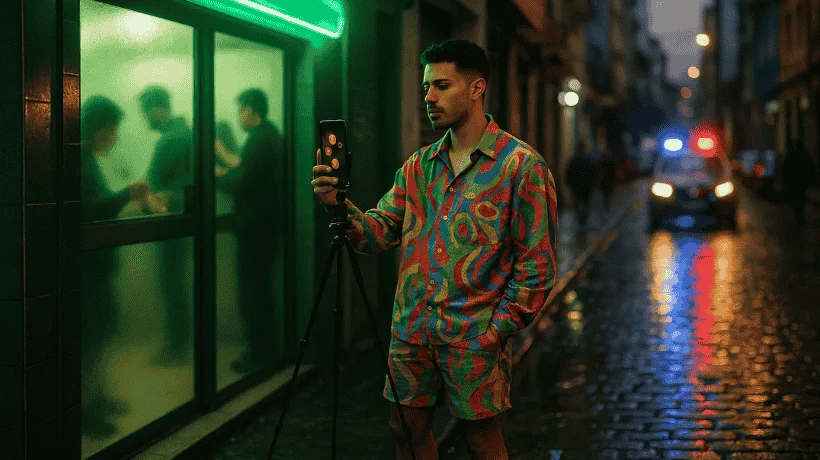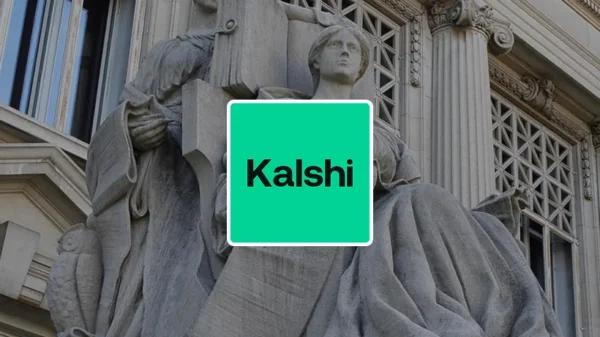Who’s Behind Brazil’s Online Betting Scams
Brazil’s Alagoas state police chief Lucimério Barros Campos testified to the Parliamentary Inquiry Commission (CPI) on Tuesday about illegal betting operations. He led Operation Game Over, which uncovered how unauthorised betting sites work with digital influencers to scam Brazilians.
The investigation found these illegal operations use payment intermediaries that aren’t registered financial institutions. These middlemen process bettor payments through Pix (Brazil’s instant payment system) before forwarding funds to betting operators.
“The path is always the same: bettor, payment intermediary, and betting site,” Lucimério told senators.
Why Online Betting Scams Target Brazilians
The scam networks have moved R$15 million (US$2.6m) through clandestine bets in Alagoas alone. But that’s just one state, as similar operations exist nationwide.
Illegal sites specifically target vulnerable Brazilians through aggressive marketing. They pay influencers to create fake content showing impossible wins.
“If there’s no proper regulation of this predatory activity, we’re talking about a major public health risk for Brazilians,” the police chief warned. “It takes money out of people’s homes and prevents it from circulating in the local economy.”
What These Betting Influencers Are Doing
Betting sites give influencers special demo accounts to create deceptive content. The influencers record screens showing fake big wins to lure followers.
“To place a bet, users must download an app,” Lucimério explained, showing evidence to the CPI. “In that app, influencers received the so-called demo account… they would log in, simulate gameplay, record their screen showing fake big wins. All of it was deception.”
These influencers don’t make money from actual betting. Instead, they’re paid to recruit new gamblers for the sites.
How Authorities Are Fighting Back
What started as a fraud investigation revealed something bigger. “As we advanced, we realised there was a foreign individual operating behind the scenes,” Lucimério said. The case now involves organised crime charges and money laundering.
Senator Dr. Hiran noted these operators don’t pay taxes while Senator Damares Alves highlighted similar police operations nationwide.
“Operation Master Trick in Pará found one person moving R$23 million; Operation Virtual Claws in Goiás went after influencers,” Damares said, praising officers taking on “this disgusting, billion-dollar industry.”
Lucimério urged lawmakers to strengthen regulations against both individuals and companies involved in these schemes.







